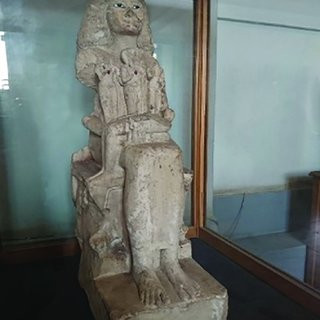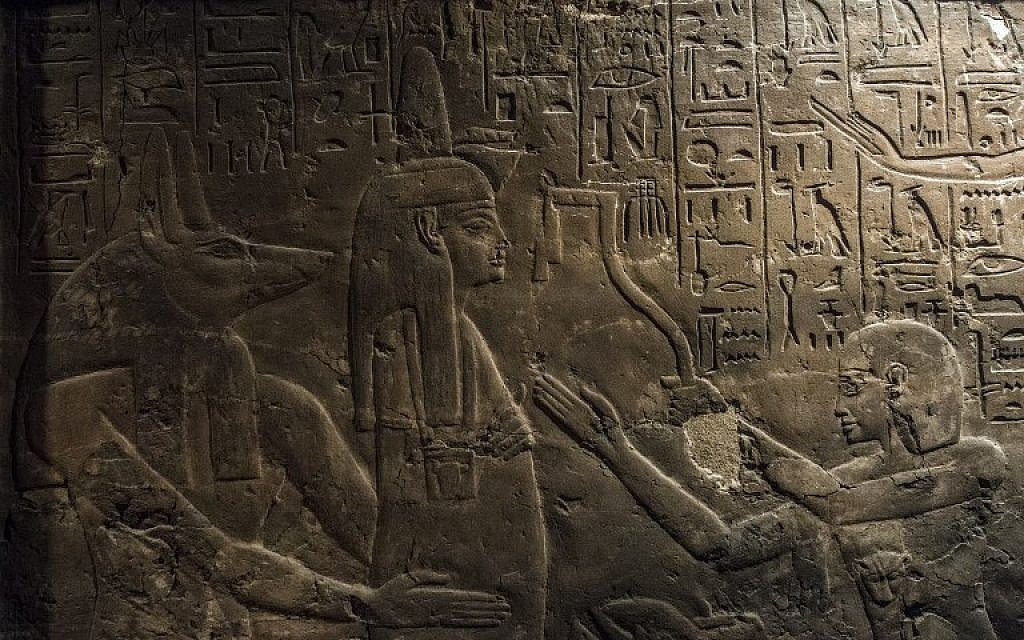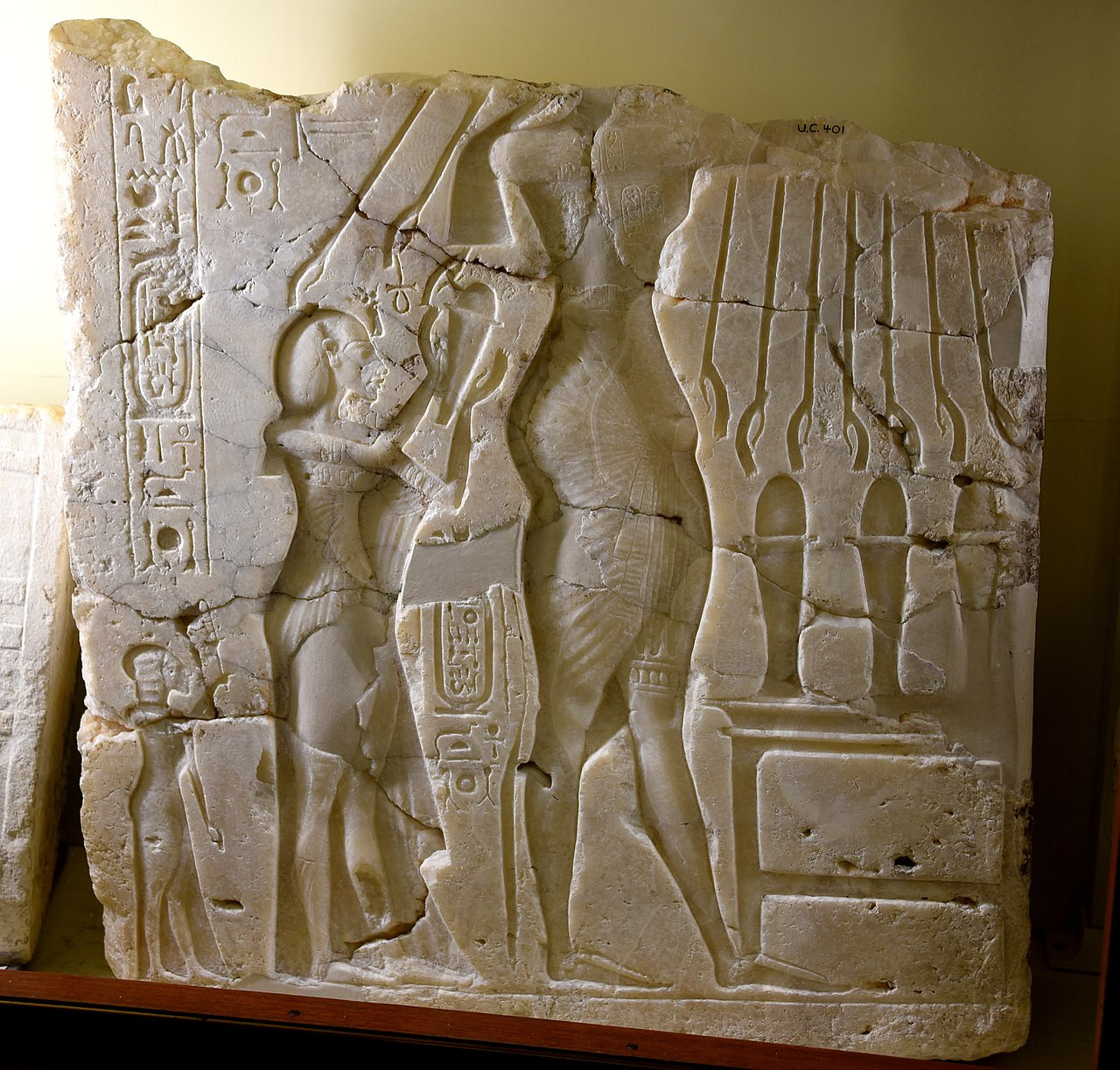Sometimes what you think of someone else is a reflection of yourself! @StBernard on TS
(PDF) The History of Nursing Profession in Ancient Egyptian Society
PDF | Many of historical textual and epigraphical sources consider medicine as a highly advanced profession in ancient Egypt with little mention of the... | Find, read and cite all the research you need on ResearchGate
https://www.researchgate.net/publication/337073617_The_History_of_Nursing_Profession_in_Ancient_Egyptian_SocietyA key turning point in time
A key in a tone
Maia bears the titles "wet nurse of the king", "educator of the god's body" and "great one of the harem". Her origin and relatives are not known. Apart from Tutankhamun, the Overseer of the Magazine Rahotep, the High Priest of Thoth, and scribes named Tetinefer and Ahmose are mentioned in inscriptions. Due to the close resemblance of Maia with Tutankhamun's sister Meritaten, it was suggested that the two are identical.
A key in a tone echoing
The theory is, that Meritaten was the 'king's daughter' Akenkeres who is recorded in Manetho's Epitome to have assumed the throne next, in her own right as king and bearing the name Neferneferuaten.
Archaeologist Alaine Zivie asserts that Meritaten also became a foster mother to Tutankhamun, referred to as Maia in some ancient records. Zivie noted that Thutmose, the sculptor appointed vizier by Akhenaten and who was found to be the creator of the famous bust of Nefertiti also created one of Maïa (Bubasteion I.20), the foster mother of Tutankhamun and who, in fact, was "Merytaten, the elder daughter of Akhenaten", "who sat briefly on the throne".
From Old Norse dóttir, from Proto-Norse ᛞᛟᚺᛏᚱᛁᛉ (dohtriz, “daughters”), from Proto-Germanic *duhtēr, from Proto-Indo-European *dʰugh₂tḗr (“daughter”).
Noun
dotter f (definite singular dottera, indefinite plural døtrer, definite plural døtrene)
daughter




